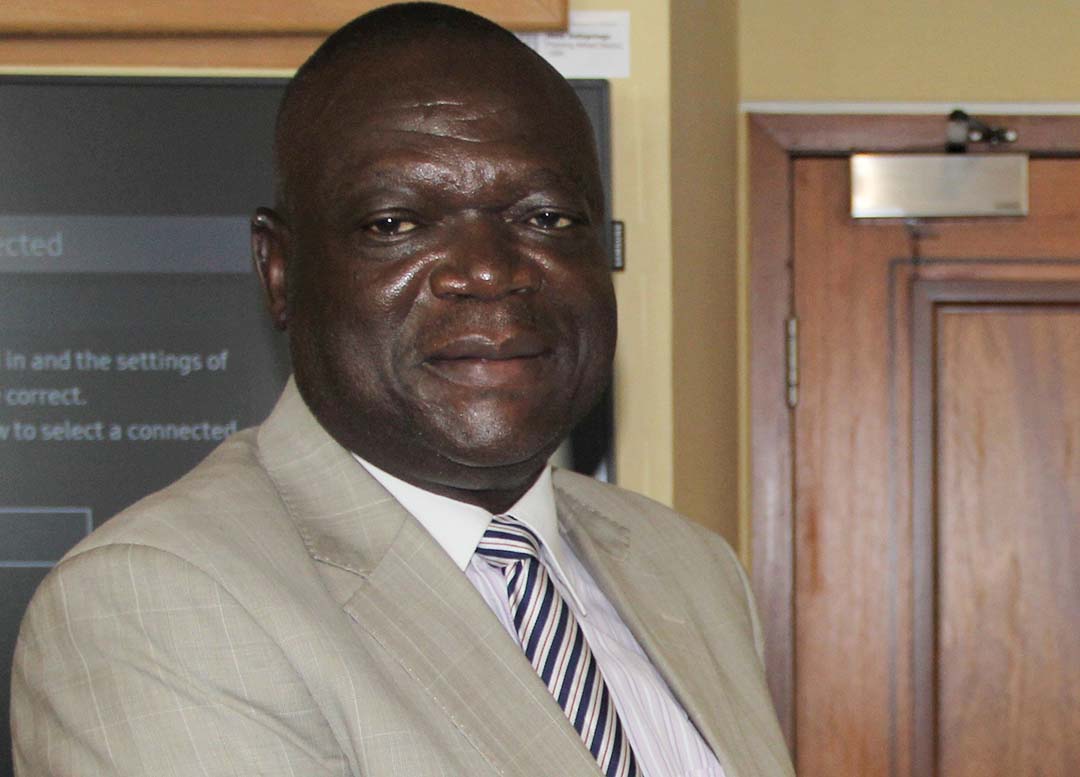Zimbabwe's land under irrigation has increased by 61.76% to the current 275 000 hectares from 170 000 hectares, with the country intensifying efforts to reduce reliance on rain-fed agriculture so as to mitigate adverse effects of drought on crop production.
Agriculture contributes 15-18% of Gross Domestic Product and provides livelihoods to approximately 67% who are the rural population. It also supplies about 63% of the industrial raw materials with the share of agriculture in manufacturing value-added at 60%, and the share in export earnings 30%. Agriculture-related employment supports a third of the formal labour force.
Officiating at the Annual National Agri-Business Conference held in the capital, Lands, Agriculture and Rural Resettlement Minister Perence Shiri said there is need to upscale irrigation capacity leveraging on the abundant land and water resources endowments.
The southern African nation has potential to harness 47.3 billion cubic meters and only 10.5 billion cubic meters (22%) has been developed yet the country continues to experience water shortages for urban, industrial and agricultural use.
"The country has 10 000 small and large dams with potential to irrigate up to 2 million hectares. Yet we are currently only doing 275 000ha across the country," he said.
Government has various irrigation and mechanization development initiatives such as the US$10.5 million Agribank Facility under the Pedstock Centre Pivots Irrigation from Spain. Shiri said the government is also implementing the Accelerated irrigation development programme that is targeting to develop 200ha per district per annum using existing and new dams.
"In addition to irrigation development, government is promoting and supporting market-based investments in sustainable farm mechanization programs that improve farmer access to agricultural equipment and implements under either purchase or lease basis. This is key to address the currently critical shortages of agriculture mechanization that is currently at 6 000 functional tractor units and 21 combine harvesters against a national requirement of up to 45 000 – 50 000 tractor units and related implements and about 500 combine harvesters respectively," he said.
Irrigation development, he said, is only a necessary but not a sufficient condition for the country to achieve climate-smart agriculture.
In a bid to cushion farmers from the inflationary pressures which have been obtaining in the economy since September last year, the government reviewed producer price of grains. A further review was made on maize producer prices wherein the price was increased to RTGS$2100 per tonne to RTGS$736 per tonne.
Since farming is a business, Shiri assured farmers that the government will continue to make necessary adjustments to producer prices of the various crops in line with the macro-economic fundamentals.
On the 2019/20 cropping season, he said, Agribank has started canvassing support from investors to mobilise funding of ZWL$40 million through agro-bills to bolster farming productivity.
- FinX
 Concern over Masvingo black market
Concern over Masvingo black market  Kenya declares three days of mourning for Mugabe
Kenya declares three days of mourning for Mugabe  UK's Boris Johnson quits over Brexit stretegy
UK's Boris Johnson quits over Brexit stretegy  SecZim licences VFEX
SecZim licences VFEX  Zimbabwe abandons debt relief initiative
Zimbabwe abandons debt relief initiative  European Investment Bank warms up to Zimbabwe
European Investment Bank warms up to Zimbabwe  Young Investment Professional (YIP) Graduate Programme 2019
Young Investment Professional (YIP) Graduate Programme 2019 











 Young Investment Professional (YIP) Graduate Programme 2019
Young Investment Professional (YIP) Graduate Programme 2019
Editor's Pick